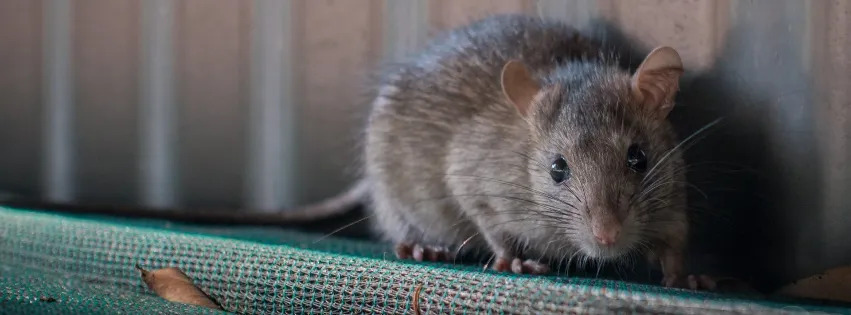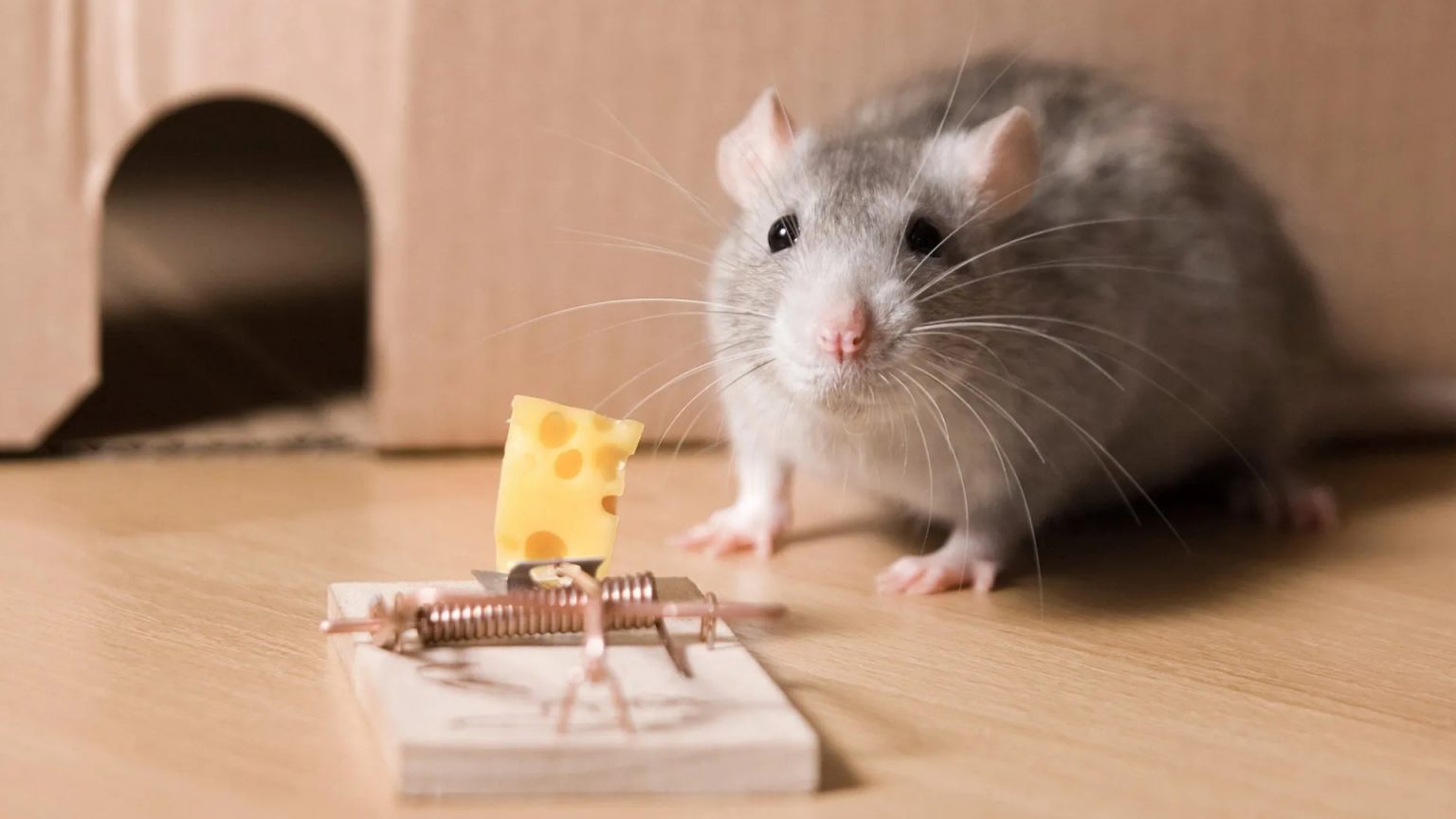Physical and Behavioral Differences Between the Common Rodents
Mice and rats are often seen as the same thing, with each name being used interchangeably when describing either of the two species. Although inaccurate, there are some logical reasons as to why people consider them two of the same. They are both rodents, and in photos, they both look very similar to the untrained eye. Unfortunately, getting a good look at a rodent inside your home can be difficult since they know how to move quickly and silently, which leaves you wondering what kind of rodent just ran across your floor.
Before we get into detail about deciphering whether the rodent you saw scurry across the floor was a mouse or a rat, we need to discuss the threats each may pose. It is one of the many ways you can get a better idea as to which rodent infested your home without seeing them.
Both mice and rats can eat through a variety of materials in your home. From wires to wood, both can chomp their way through just about anything. However, mice don’t have the jaw power that rats possess. Rats can bite through seemingly anything they come across, including cement. Keep this in mind when inspecting your home, as larger damages could be the sign of a rat.
Where you see this damage is important as well. Mice, unlike rats, are expert navigators. They can run, jump, swim, and climb exceptionally well. If you see damage in high spots in your home, such as cabinets or the attic, there’s a good chance it is a mouse and not a rat.
Rats and mice alike can also be toxic. Their droppings and urine can spread germs and cause allergic reactions, and they can do this in food preparation areas, which can make you ill. If you come across rodent droppings, the frequency, as well as the size, can help you figure out whether it’s a rat or a mouse. Mice tend to produce more droppings, but rats tend to produce bigger droppings.
Behaviors

Rats and mice are very different creatures when it comes to how they act. Although they’re both nocturnal, they prefer to move in completely different ways. Mice move quickly and curiously, willing to explore new things. They’ll check out new rooms, spaces, and smells. Rats on the other hand are extremely cautious. They don’t like exploring new things and do so slowly and carefully if they must. They generally don’t stray too far away from their nesting area and prefer to follow the same paths. This varying level of curiosity is why traps are much more effective when eliminating mice as opposed to rats.
The most commonly known difference between mice and rats is the size differential. The common House Mouse is tiny, only about 5-7 inches long from nose to tail. The Norway Rat can get up around 20 inches in length and has a much wider body. However, this is not a be-all and end-all as younger rats can be the same size as adult mice.
Some other differences in physical traits include the tail, the ears, and the color. Mice have long, hairy tails that they utilize for balance. Rats have shorter (though still long) tails that are hairless and scaly. Mice also have larger, rounder ears that tend to protrude, whereas mice have smaller, narrower ears. As for the color, the House Mouse generally has a lighter grey coat with a light underbelly, whereas the Norway Rat is usually a darker brown, sometimes appearing with spots of black.
When it comes to removing mice or rats from your home on your own, different measures need to be taken depending on which species you’re dealing with to even have a chance. For this reason, calling a trusted pest control company can often save you time, effort, and money as opposed to relying on store bought traps and repellents. Rodent control professionals can analyze the situation and correctly predict whether you have rats or mice, and they can properly get rid of the problem. For those in Wallingford, Cheshire, Durham, Middlefield, or North Haven, CT, look no further than Family Pest Control of Connecticut Inc. With over 40 years of experience, we are here to help. Contact us today to learn more.

